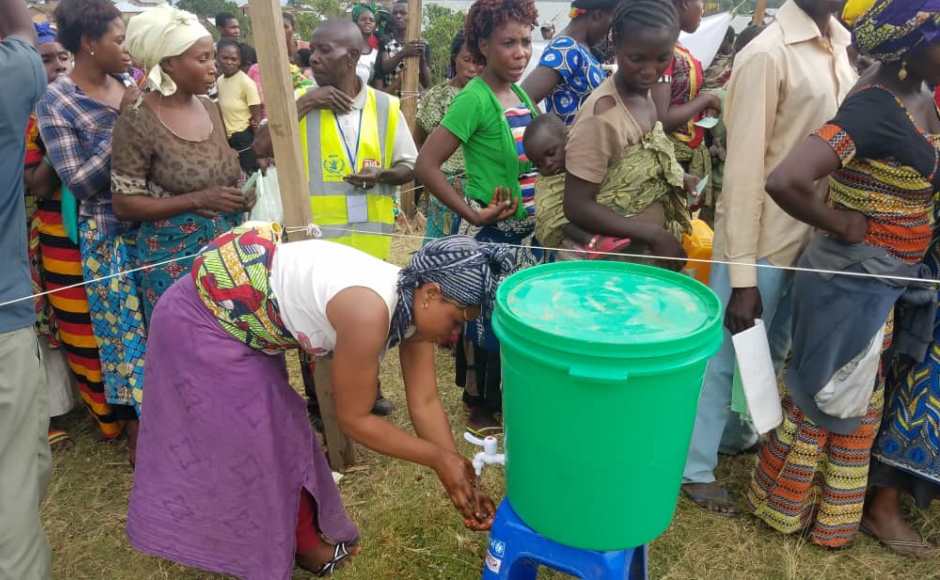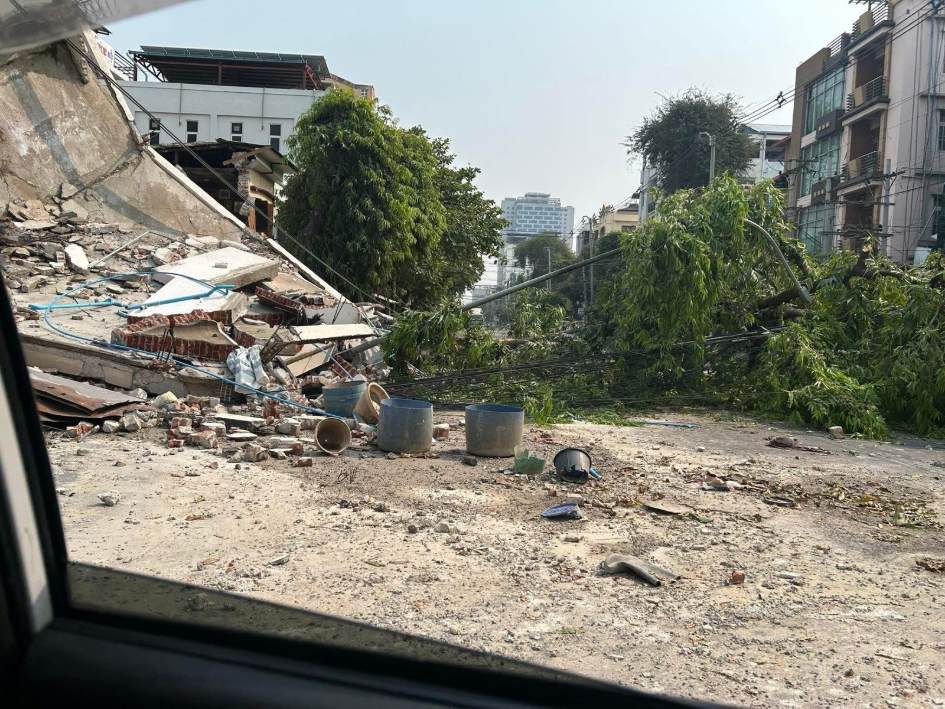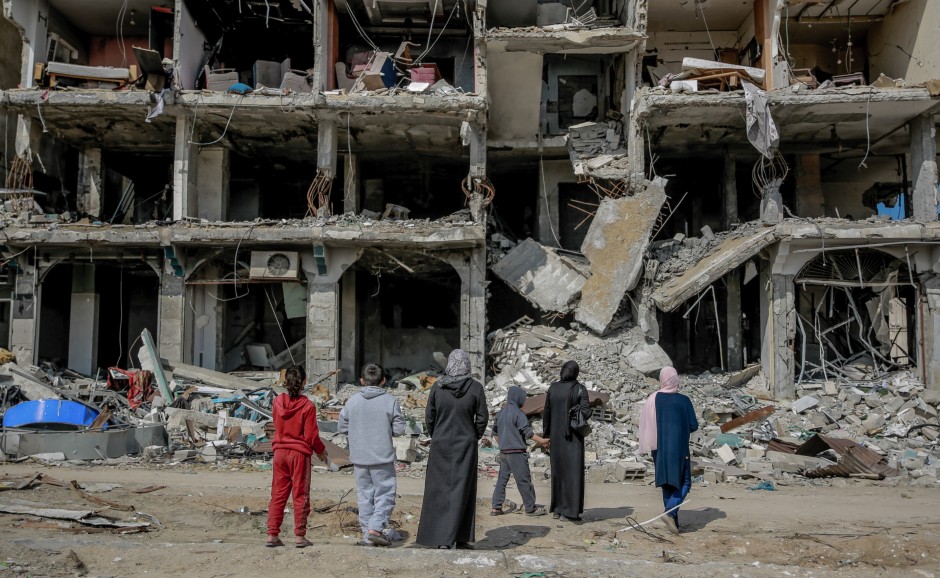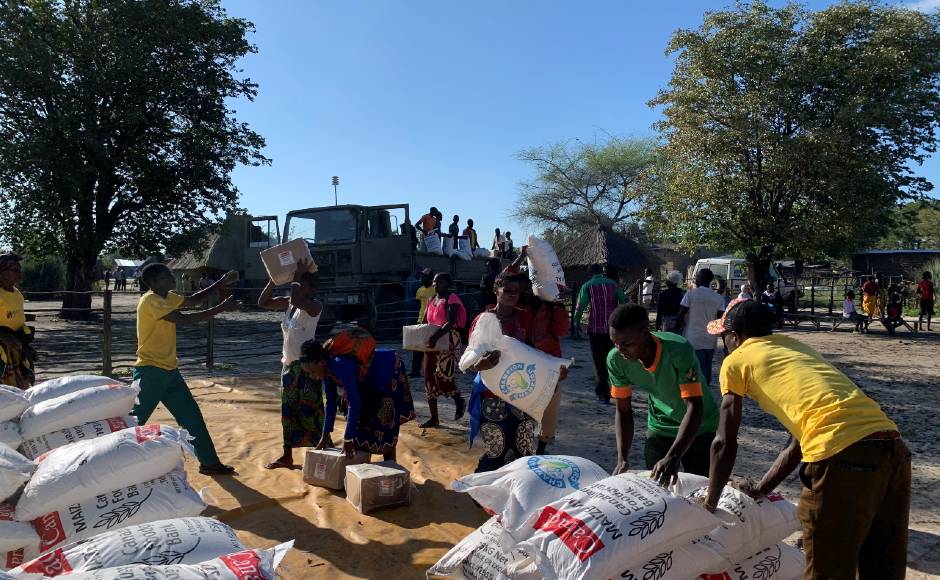Christian Aid launches emergency Ebola appeal
Published on 5 July 2019
The Moderator is encouraging congregations to support Christian Aid's emergency appeal for the Democratic Republic of Congo where a devastating Ebola outbreak has claimed 1400 lives and threatens many more.

Rt Rev Colin Sinclair, Moderator of the General Assembly of the Church of Scotland said:
"I am encouraging everyone to remember the Democratic Republic of Congo in their prayers and to do what they can to support financially the new appeal fund. This will enable the work of Christian Aid and their partners at the grassroots level in some of the worst affected areas in the country, ensuring basic necessities such as provision of toilets and clean water – things we take for granted in Scotland.
"It will also allow opportunity to engage with issues that will help to rebuild the lives of individuals and communities in a country torn apart by continuing conflict."
Second largest outbreak ever
Christian Aid has launched the appeal as the Ebola outbreak continues to escalate, spreading disease, death and further devastation amidst ongoing armed conflict.
The epidemic in eastern DRC – the country's 10th Ebola outbreak – began in August 2018. To date it has infected more than 2,200 people and claimed more than 1,400 lives, making it the second largest in history.
The affected regions – North Kivu and Ituri – are also battling high levels of insecurity and armed conflict, which together have caused a protracted and complex humanitarian crisis that has displaced millions.
With concerns that the Ebola crisis could escalate at any moment, Christian Aid is appealing for extra funds to scale up its emergency work in high-risk parts of North Kivu. Support the Christian Aid emergency appeal.
12 million need humanitarian aid
Christian Aid's acting country manager for the DRC, Esperant Mulumba, said:
"This is a crisis of grave proportions, and time is running out. The Ebola virus has overwhelmed our fragile health infrastructure, in a country where more than 12 million people already desperately need humanitarian aid. To make matters worse, the epidemic has hit a region blighted by instability, armed violence, widespread displacement and food shortages.
"For a range of reasons, there has been denial about the existence of Ebola among some communities, leading to widespread mistrust in the health system and resistance to health workers – even attacks, in some cases. This has made it incredibly difficult for agencies, including our own Ministry of Health, to run an effective Ebola operation. All these factors have seriously undermined efforts to curb the outbreak.
"That is why the response to this epidemic cannot be limited to health work. It is critical that we work alongside communities – and through trusted local figureheads like faith leaders and traditional leaders – to combat widespread fear and distrust about the disease and its causes."
Displaced people stretching host communities
"The Ebola virus is having an impact far beyond the medical realm, Mr Mulumba continued.
"For instance, people fleeing the outbreak are adding to the already high numbers of internally displaced populations, who need aid to survive. This displacement, as well as the epidemic itself, has interrupted agricultural activity, making food insecurity a growing concern.
"During 2018, more than 1.8 million people were newly displaced across the DRC, many of them in North Kivu. In June this year, UNHCR (the UN Refugee Agency) reported that an additional 300,000 people had been forced from their homes in the northeastern provinces of Ituri, North Kivu, and South Kivu.
"These people have staggering needs, both those displaced and the already stretched communities hosting them.
"Agencies like Christian Aid and our trusted local partners are doing what we can to slow the spread of the virus and alleviate the suffering of people whose lives are at risk. However, the need is incredibly vast: with more resources, we could do more.
"That's why we are appealing to the public for more funds, so that we can help those caught up in this terrible situation."
Clean water, latrines and mental health help
Using a €282,000 grant from Irish Aid, Christian Aid's local partner Bureau Œcuménique d'Appui au Développement (BOAD) has mounted an emergency operation in the Lubero territory of North Kivu, where people are at high risk of infection.
This work focuses on building latrine blocks and water sources, running hygiene promotion campaigns, offering therapy to help people manage the psychological impacts of the epidemic, and engaging with communities to build trust and dispel myths about the epidemic. These are all areas highlighted by the World Health Organization as current gaps in the Ebola response.
Throughout North Kivu, Christian Aid's partners currently provide humanitarian aid to nearly 100,000 people, including those displaced by conflict, former refugees returning from neighbouring countries and vulnerable locals.
Christian Aid's partner Communauté Baptiste au Centre de l'Afrique (CBCA) is also responding in North Kivu, focusing on community engagement, including through faith leaders, as well as water and sanitation. Christian Aid has been working in DRC for several years. In addition to North Kivu, it also works in the provinces of South Kivu, Maniema, and Kasai.


